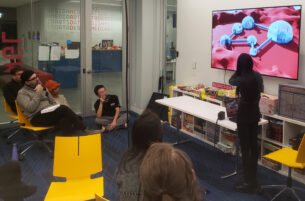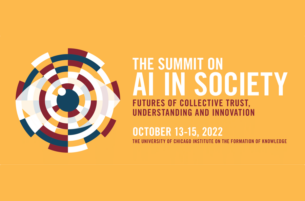Every new technological advancement brings with it risks of abuse and vulnerabilities to attack by malicious entities, often spawning opportunities for exploitation and criminal activity. Computer scientists work tirelessly to anticipate emerging threats and build new protections against them, before malicious agents can take advantage. New tools protect both individual users and entire computing systems from attack and leaks of private information, enabling the benefits of these innovations to thrive without unintended consequences.
UChicago CS researchers address these hazards with a broad spectrum of approaches, including cryptography, machine learning, user-centered design, and data science. They’re building cutting-edge protections against security flaws in the latest technologies, such as Internet of Things devices, quantum computers, and machine learning models and systems. They’re designing new privacy mechanisms that raise users’ awareness of how their data is collected online and in the physical world and how they can best protect themselves against invasive technology. They’re also developing new technologies to improve users’ safety and security online, including technologies for improving digital literacy and combating online censorship.
Labs & Groups
SAND (Security, Algorithms, Networking and Data) Lab
SUPER (Security, Usability, & Privacy Education & Research) Group
Network Operations and Internet Security (NOISE) Lab
Amyoli Internet Research (AIR) Lab
Related Faculty
News & Events
Research Suggests That Privacy and Security Protection Fell To The Wayside During Remote Learning

UChicago Researchers Win Internet Defense Prize and Distinguished Paper Awards at USENIX Security

Chicago Public Schools Student Chris Deng Pursues Internet Equity with University of Chicago Faculty

Computer Science Displays Catch Attention at MSI’s Annual Robot Block Party

UChicago / School of the Art Institute Class Uses Art to Highlight Data Privacy Dangers

UChicago and NYU Research Team Finds Edtech Tools Could Pose Privacy Risks For Students

UChicago Scientists Develop New Tool to Protect Artists from AI Mimicry

















